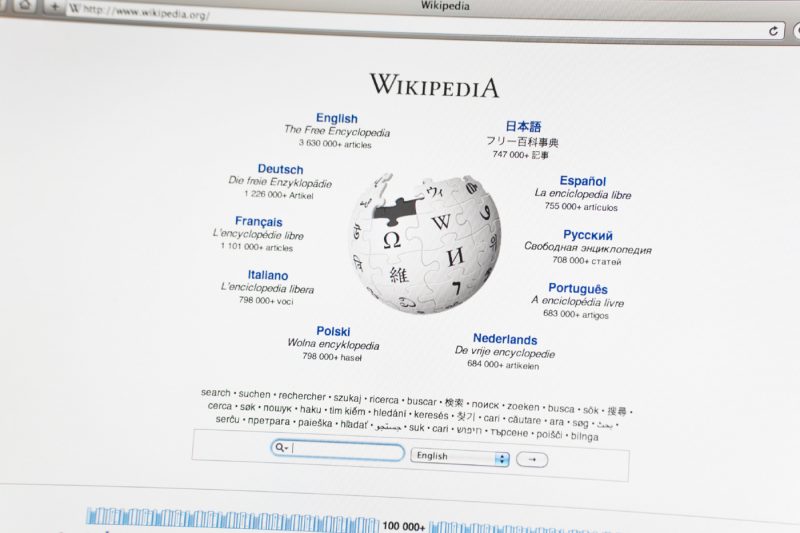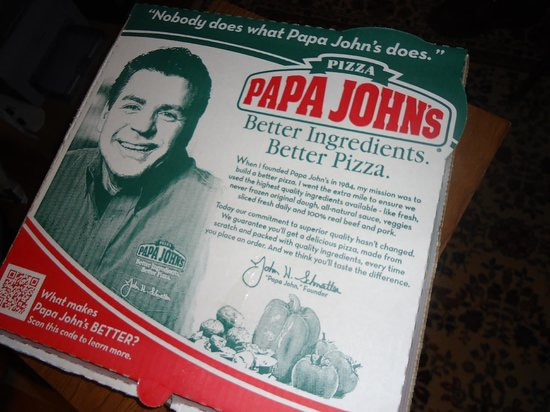
In January we shared some tips for publishing and editing pages on Wikipedia. Now the popular crowd-sourced encyclopedia may soon enact a significant change to the disclosure it requires from its editors.
The Wikimedia Foundation “is proposing an amendment to the online encyclopedia’s terms of use that would address further undisclosed paid editing,” writes PRWeek’s Diana Bradley, who spoke with the foundation about the proposal:
The purpose of the proposal is to provide clear guidance on how editors can disclose potential conflicts in compliance with Wikipedia’s existing prohibitions on deception, misrepresentation, and fraud, according to Jay Walsh, communications consultant and adviser to the Foundation.
The amendment would also inform users about the potential legal ramifications of undisclosed paid editing and about existing community policies that may go above and beyond this baseline requirement, he explained.
Writing for Forbes, Michael Humphrey calls the amendment a “notable, and I think noble, attempt to fight back the practice of glossing entries with slanted versions of reality” and “the kind of transparency that be a model for many content companies.”
Moving forward
Contributing to Wikipedia “to serve the interests of a paying client while concealing the paid affiliation has led to situations that the community considers problematic,” according to the amendment’s introduction. The practice is only one of many issues the online encyclopedia faces. Some organizations have noted the huge gender gap among Wikipedia’s contributors. “Today’s bunch are 90% male and mostly from rich countries,” according to a recent article in The Economist. The Atlantic Cities’ Emily Badger examines a study that highlights similar problems, writing that “Wikipedia has a geography of its own, and in many ways, it’s a biased reflection of the real world.”
The amendment shows a maturation of Wikipedia’s platform, as it tries to evolve and adapt to the online encyclopedia’s growing popularity and impact. It’s also part of a broader trend toward developing interlinked online identities that facilitate more transparency and honesty, albeit less online privacy. William Beutler of the firm Beutler Ink tells PRWeek: “I do not think Wikipedia’s rules have been clear in the past, so any move that can be made by the Foundation or the community itself to clarify rules of engagement to editors or interested outsiders is a good thing.”


